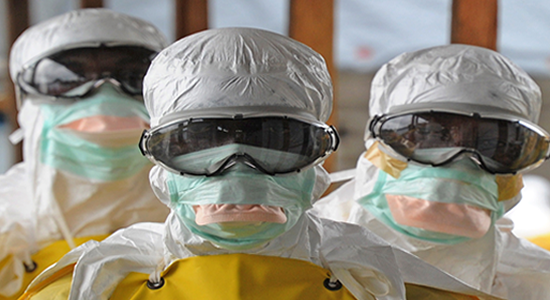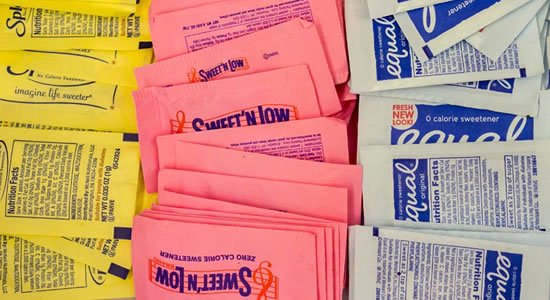First Case Of Coronavirus In Africa Detected In Egypt
The very first case of Coronavirus (COVID-19) to have entered Africa has been detected in Egypt on Friday, Feb. 14 after a "foreigner tested positive. The case was detected through a follow-up programme implemented by the Egyptian government for travellers arriving from countries where the virus has spread. The infected man, whose identity and profile has remained unknown so far has since been quarantined in a hospital.











